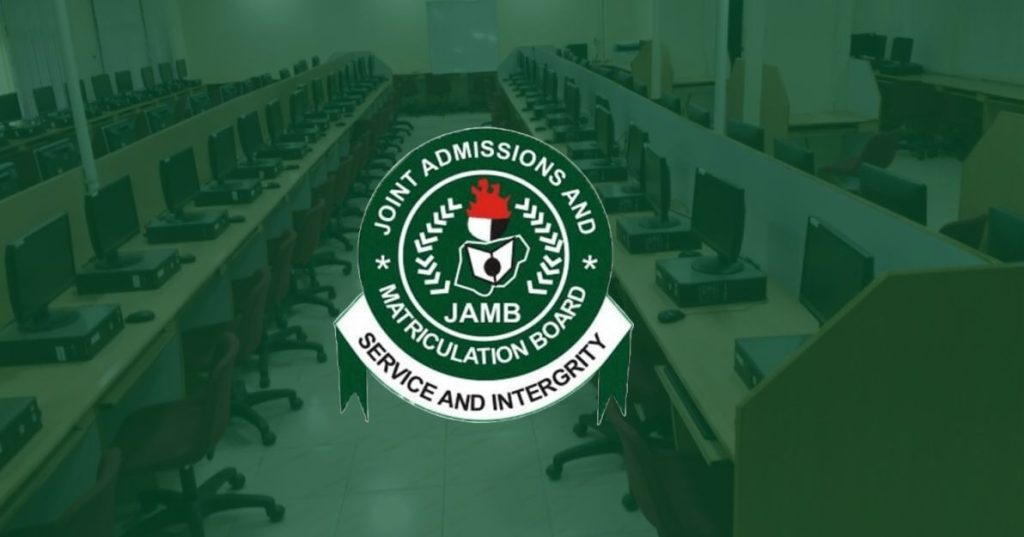Are you passionate about exploring the beliefs, practices, and histories of various religions? Do you want to understand how religion interacts with society and culture? If so, studying Religious Studies at a Nigerian university might be the perfect choice for you. This multidisciplinary field combines elements of the humanities, social sciences, and natural sciences, helping students develop critical thinking, communication, and intercultural skills. It also fosters an appreciation for diversity and pluralism.
In this blog post, we’ll provide a comprehensive guide to the JAMB subject combination for Religious Studies 2025/2026, the O’level requirements, and a list of Nigerian universities offering the course. Whether you’re preparing for your UTME or Post-UTME exams, this guide will help you navigate the admission process successfully.
JAMB Subject Combination for Religious Studies 2025/2026
To study Religious Studies in any Nigerian university, you must meet the JAMB subject combination requirements. The approved subjects for Religious Studies are:
- Use of English (Compulsory)
- Christian Religious Knowledge (CRK) or Islamic Religious Knowledge (IRK)
- Any two Arts or Social Science subjects
Examples of Arts or Social Science subjects include:
- Literature in English
- History
- Government
- Economics
- Geography
- Civic Education
- French
- Arabic
- Hausa
- Igbo
- Yoruba
When choosing your subjects, consider your interests, strengths, and the specific requirements of your preferred university. Always verify the subject combination on the official website of the institution you’re applying to.
O’level Requirements for Religious Studies 2025/2026
In addition to the JAMB subject combination, you must meet the O’level requirements to qualify for admission into Religious Studies. The general requirements include:
- Five SSCE credit passes in the following subjects:
- English Language
- Christian Religious Knowledge (CRK) or Islamic Religious Knowledge (IRK)
- Any three other relevant subjects (e.g., Literature, History, Government, Economics, etc.)
- For NABTEB candidates, you need:
- Five NTC/NBC credit passes in English Language, CRK/IRK, and any three other relevant subjects.
- For NECO candidates, you need:
- Five NECO credit passes in English Language, CRK/IRK, and any three other relevant subjects.
Some universities may have additional requirements, so it’s essential to check the specific admission criteria on their official websites or brochures.
Nigerian Universities Offering Religious Studies 2025/2026
Here’s a list of Nigerian universities where you can study Religious Studies:
- University of Nigeria, Nsukka (UNN)
- Ambrose Alli University (AAU)
- Abia State University (ABSU)
- Akwa Ibom State University of Technology (AKUTECH)
- Babcock University
- University of Benin (UNIBEN)
- Benue State University (BSU)
- University of Calabar (UNICAL)
- Delta State University (DELSU)
- Godfrey Okoye University
- University of Ibadan (UI)
- Imo State University (IMSU)
- Joseph Ayo Babalola University (JABU)
- University of Jos (UNIJOS)
- Madonna University
- Mcpherson University
- Niger Delta University (NDU)
- Obafemi Awolowo University (OAU)
- Samuel Adegboyega University
- Tansian University
- Ekiti State University (EKSU)
Specialized Religious Studies Programs:
- Comparative Religious Studies: University of Ilorin (UNILORIN)
- Religious Studies and Human Relations: Nnamdi Azikiwe University (UNIZIK)
- Religion and African Culture: Adekunle Ajasin University (AAUA)
- Religious and Cultural Studies: Ambrose Alli University (AAU), University of Uyo (UNIUYO), University of Port-Harcourt (UNIPORT), Evangel University
Why Study Religious Studies?
Religious Studies is a fascinating and rewarding course that opens doors to various career opportunities in academia, research, journalism, diplomacy, and more. It equips students with the skills to analyze complex social and cultural issues, making them valuable contributors to society.
Good luck with your admission process, and we wish you success in your studies!











